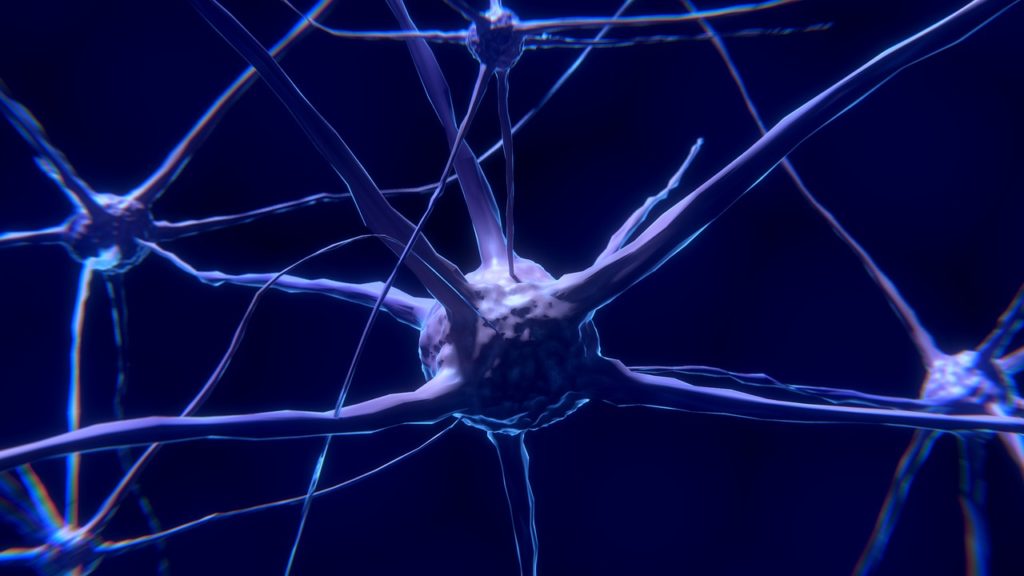As the medications for HIV have gotten more effective, people are living longer with HIV. However, as people living with HIV get older, they are more likely to also develop different problems or diseases, two of which include the viral infection Hepatitis C and Alcohol Use Disorder (alcoholism). The interaction between these two different diseases and HIV, and how that affects the brain is not fully understood yet, as not many studies have monitored the condition of the HIV-infected patients over time.
Intrigued by this, Natalie Zahr, a researcher from Stanford University carried out a literature review, by looking at all the recent relevant research published about a specific topic, to try and establish any patterns or derive conclusions from among them. The specific topic that Dr. Zahr looked at was on the function or structure of the brain in people who have both HIV and either alcoholism or Hepatitis C, while also looking at studies done over time to understand how the brain aging affects these diseases. This researcher found that overall, HIV combined with hepatitis C and alcoholism have many effects, including medical and psychiatric effects, neuropsychological and motor effects, and effects on brain structure.
In terms of medical and psychiatric effects, this researcher found that age-related medical conditions (like diabetes, high blood pressure, Alzheimer’s Disease) can occur earlier in life in patients living with HIV than those without HIV, and that aging with HIV can lead to higher rates of depression, bipolar disorder, and anxiety. Liver disease related to alcohol consumption can also help HIV progress faster, and people living with both HIV and alcoholism have a higher risk of developing diabetes, heart disease, depression, stress, and anxiety. Liver damage due to Hepatitis C can also make HIV progress faster and increase depression symptoms.
Moving on to neuropsychological and motor effects, people living with HIV have problems with attention, memory, and complex mental processes. They are also clumsy, have bad balance, and lose fine motor control. People living with alcoholism or Hepatitis C have also experienced a number of these same problems, and studies have shown that HIV and Hepatitis C cause similar cognitive problems.
Grey matter in the brain may also age faster in people living with HIV. However, it is still uncertain whether or not old age and HIV work together to harm the white matter of the brain, more than either old age or HIV by itself.
Overall, each disease, be it HIV, alcoholism, or Hepatitis C affects different aspects of a person, but when someone has both HIV and Hepatitis C or HIV combined with alcoholism, or all three diseases, the outcomes are worse than those of any one disease by itself. This is very important for understanding healthcare needs. As the overall population of people living with HIV keeps aging, understanding how their infection can interact with other diseases is important in order to get them the best treatment and develop new lines of treatment.


